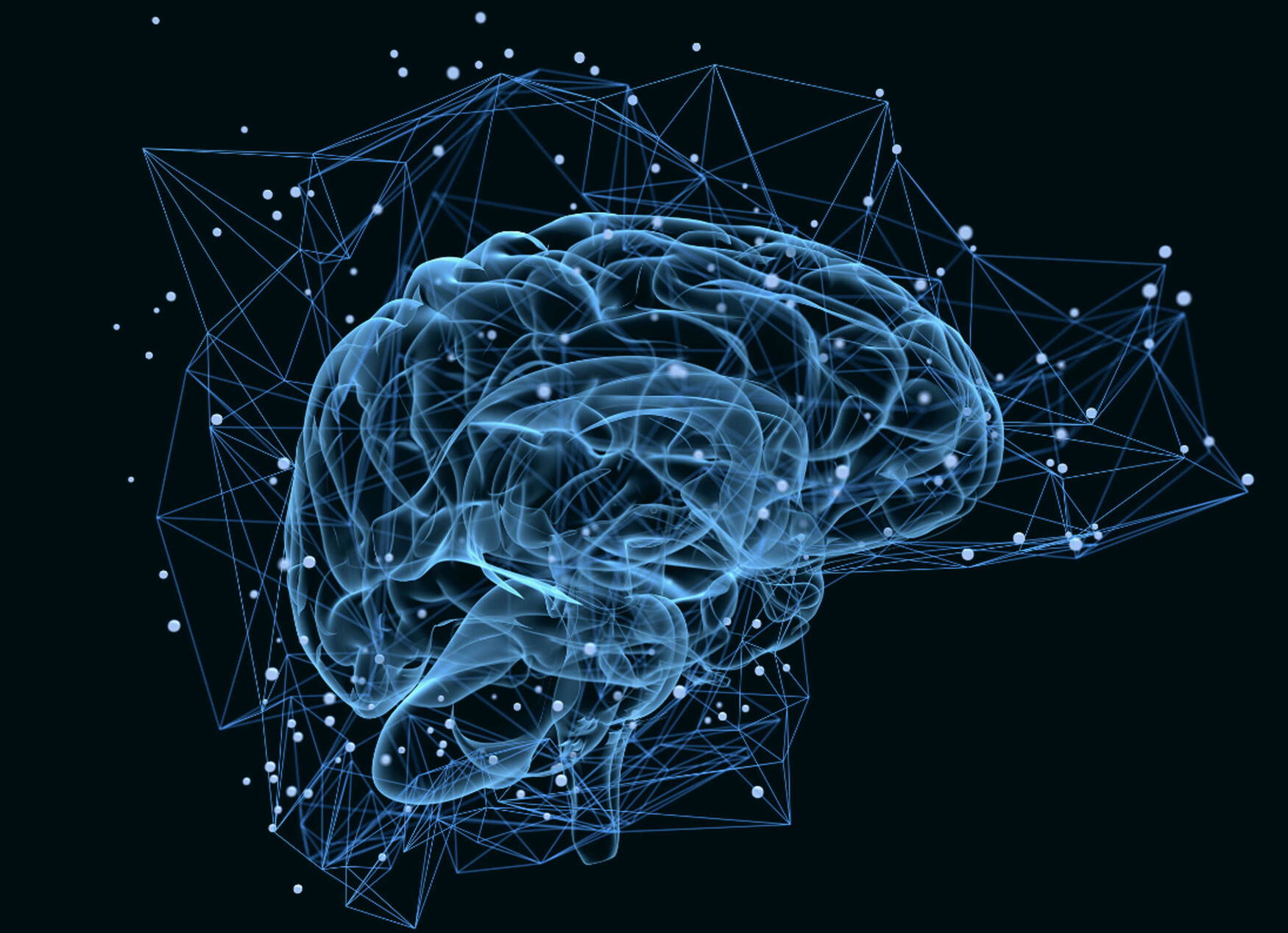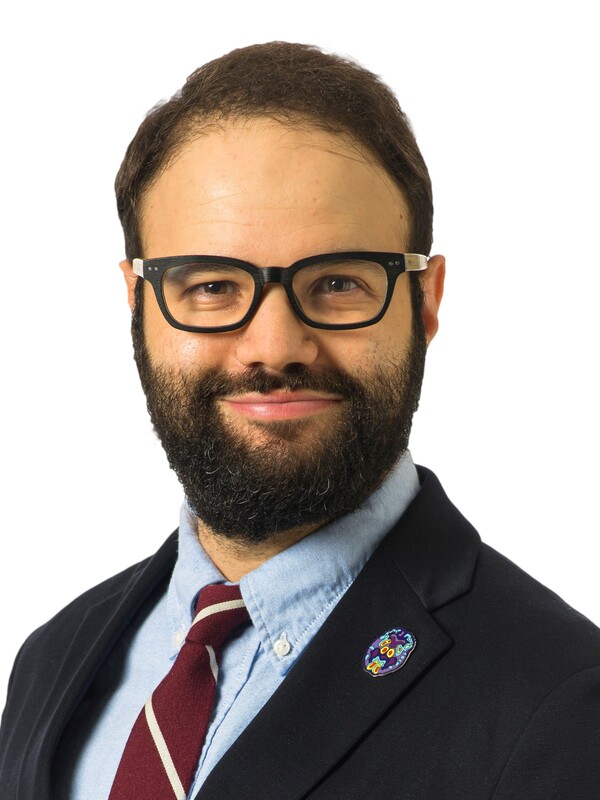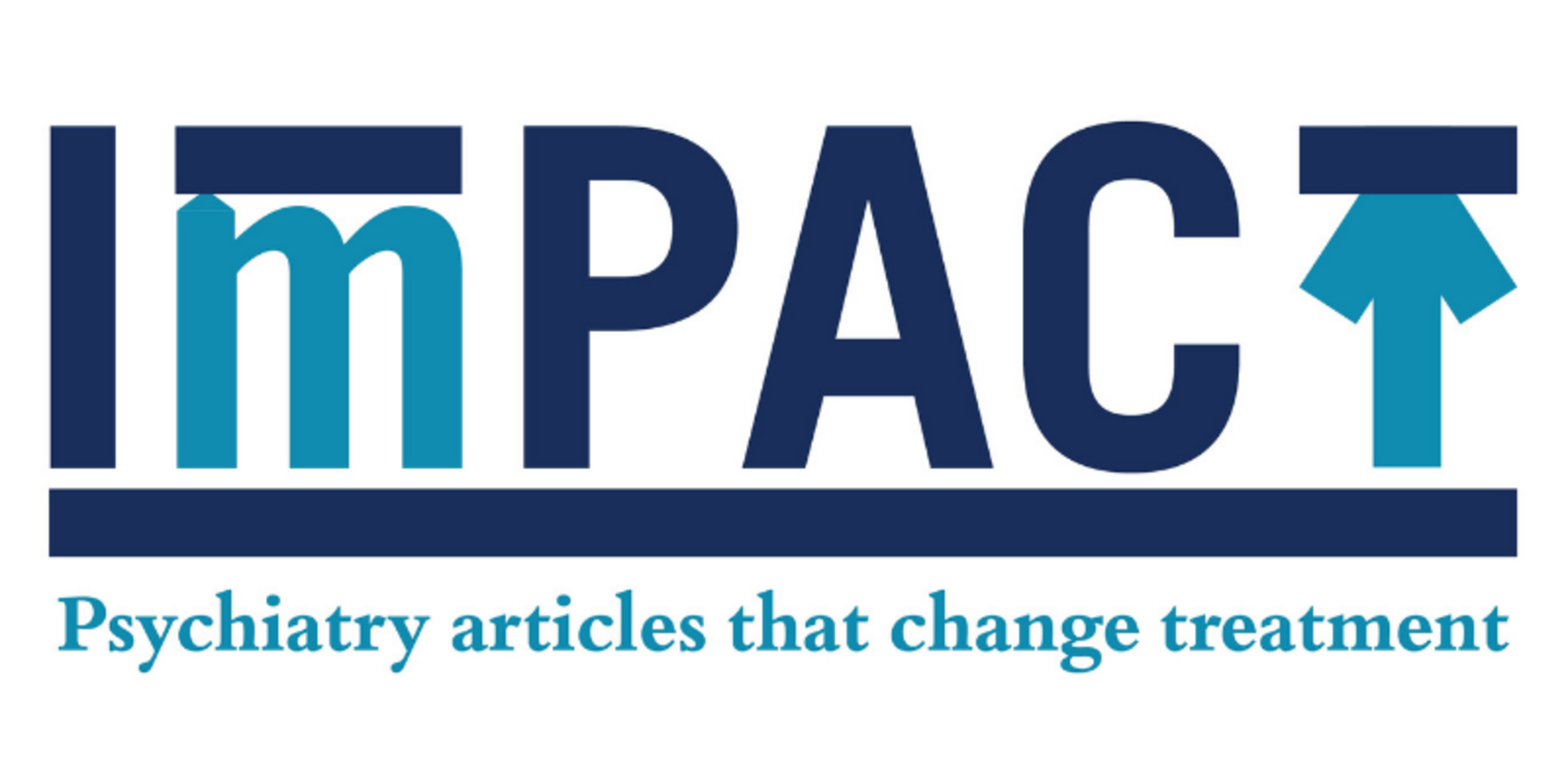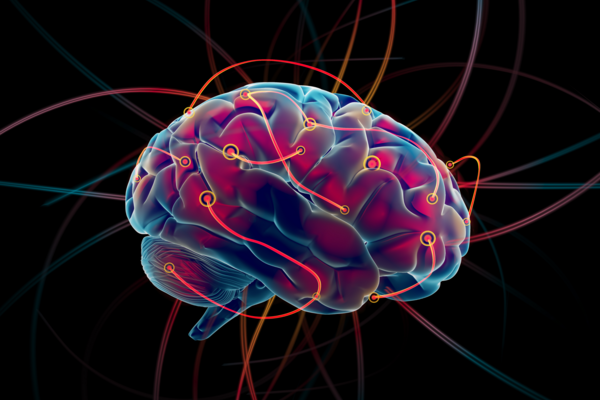Main Second Level Navigation
- News
- Events
- PsychNews
- Mindfest
- Donald Wasylenki Education Day
- The Future of Psychotherapy Conference
- Department of Psychiatry Research Day
- Annual University of Toronto Psychopharmacology Conference
- Professorial Lectures
- Psych Refresh
- Continuing Professional & Practice Development (CPPD) Day
- Impact: Psychiatry Articles that Change Treatment
Breadcrumbs
- Home
- News & Events
- News
- Understanding placebo effects could help us better treat depression
Understanding placebo effects could help us better treat depression


In medicine placebos are commonly used in research studies to ensure that improvements experienced by patients are actually the result of the treatment being studied. But what if placebo effects result in changes in brain activity that mirror the effects of the actual medical treatment? Dr. Matthew Burke’s new paper examines the overlap between how placebo effects and neuromodulation affect the brain and suggests important implications for studying the treatment of depression. We spoke to Dr. Burke about his research, and how it changes our understanding of placebo effects.
What are placebo effects and neuromodulation?
MB: Placebo effects are beneficial effects that are generated by the context surrounding the administration of a treatment (rather than the specific treatment itself). A placebo may be an inert pill, a saline injection, or a sham medical device. Whatever their form, placebos are typically used in medical research studies to look like the real medical treatment that is being studied, but they do not contain the active medication/treatment. Placebo effects are the result of complex interactions between internal and external factors. Internal factors include the patient’s expectations, experiences, and emotions associated with similar medical treatments. External factors are things like environmental cues and patient-physician interactions.
Neuromodulation is a broad term referring to the alteration of brain activity through targeted delivery of a stimulus. It includes device-based technologies such as transcranial magnetic stimulation (TMS) and deep brain stimulation (DBS) that aim to modulate the brain or nervous system. Repetitive TMS targeting is a particularly promising new management option for treatment-resistant depression.
What motivated this research?
MB: My interests in investigating placebo effects began during my fellowship at Harvard Medical School. While the focus of my fellowship was on clinical applications of brain stimulation, I ended up developing an interest in the relationships between placebo effects and neurotechnologies. This interest was supported by my fellowship mentors (many of the senior authors on this article) and I also joined the Harvard Program in Placebo Studies research team, where I learned about a breadth of placebo effects research that I hadn’t been exposed to previously. This included learning about neuroscience research studies demonstrating how placebo effects can meaningfully modulate brain regions and networks. I then became curious as to whether placebo effects could be changing the brain in a way that was relevant for psychiatric disorders, in particular depression and its treatments. In medicine, placebo effects are largely ignored except for their role as being a nuisance in clinical trials, but in this context, there were opportunities to consider them in a more clearly defined and scientific way.
What was the most important finding of this study, in your opinion?
MB: We identified a common set of brain regions that show a change in activity when both healthy individuals and patient populations are experiencing placebo effects. We then demonstrated that these regions overlap with the regions that are targeted by TMS and DBS to treat depression. This suggests there may be an overlap in mechanism between placebo effects and brain stimulation treatments for depression.
How does this change treatment in the future?
MB: Our findings have the potential to redefine how we measure the efficacy of treatments in certain contexts. Traditionally we measure efficacy by comparing a group receiving an active treatment to a group receiving a placebo treatment. This is meant to isolate the actual medical treatment from other ”non-specific” effects. However, this method does not take into account potential overlap/interaction between “active” effects and “placebo” effects. In cases where the active effects and placebo effects have shared mechanisms, this could cause problems in interpreting the clinical trial results.
It is important to emphasize that our article is not meant to be an attack on the efficacy of neuromodulation treatments, such as TMS, for depression. In contrast, we believe the models we generate help the field explain some of the variability in clinical trial results that has been difficult to fully explain previously. For example, we show that if placebo effects are high (e.g. due to elaborate/intensive protocols, high perceived innovation etc), the effect that TMS has on activating its frontal lobe brain target may effectively be stolen by placebo effects, which have already activated that brain circuit (making it hard to show the incremental specific effect of TMS).
Any next steps?
MB: Our findings suggest many directions for future research. Further work will be necessary to better understand the neurobiology of brain circuits implicated in placebo effects. It would also be beneficial to conduct neuromodulation treatment studies that include a “no treatment” control group. Such trials can help distinguish active treatment effects, placebo effects and other “non-specific” effects (e.g. spontaneous improvement, observation in research settings etc.). Finally, it will be worth exploring how we can leverage our evolving knowledge of placebo effects towards improving existing treatments and developing new treatments in psychiatry and medicine more broadly.
What is the major take home message for the public?
MB: Placebo effects can meaningfully modulate brain activity and are not just mystical, non-scientific phenomena. Furthermore, this study is good evidence that we sometimes need to think outside-the-box to understand the brain, its complexities, and its treatments. Placebo effects is a topic that has essentially been hiding in plain sight and seldomly interrogated in medical research. We hope that our article will force psychiatry and other disciplines within medicine to reconceptualize placebo effects and their biological bases, reconsider how they may be impacting measures of efficacy, and contemplate how they may be able to be harnessed to improve patient care.

ImPACT Committee includes Krista Lanctôt, Alastair Flint, Meng-Chuan Lai and Simone Vigod.
Burke MJ, Romanella SM, Mencarelli L, Greben R, Fox MD, Kaptchuk TJ, Pascual-Leone A, Santarnecchi E. Placebo effects and neuromodulation for depression: a meta-analysis and evaluation of shared mechanisms. Mol Psychiatry. 2021 Dec 14. doi: 10.1038/s41380-021-01397-3.



